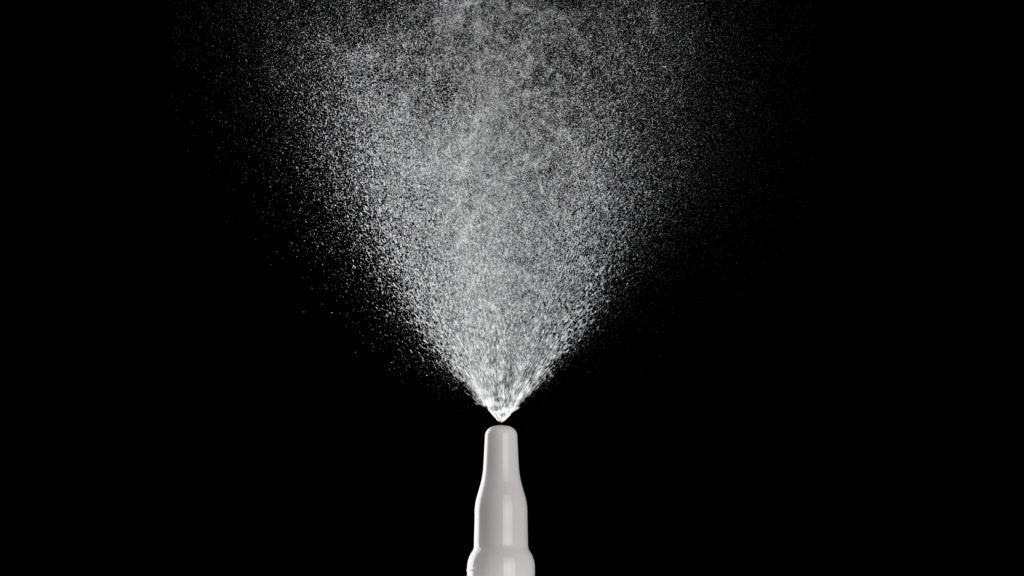An experimental drug from Acadia Pharmaceuticals failed to curb the debilitating behavioral symptoms of Prader-Willi syndrome, according to results from a placebo-controlled study reported Wednesday.
“We are disappointed by these findings, especially for Prader-Willi syndrome patients, their families and the entire community,” said Elizabeth Thompson, Acadia’s head of research and development, in a statement.
Prader-Willi syndrome, or PWS, is a rare genetic disease that causes severe physical and cognitive disabilities, most notably an insatiable desire to eat. This desire, a condition known as hyperphagia, is of paramount concern to patients and families and particularly devastating. Caregivers must restrict access to food — locking up refrigerators and pantries, installing cameras, alarms, and motion detectors — all to prevent their children with Prader-Willi from dangerous and constant overeating.
STAT+ Exclusive Story
Already have an account? Log in

This article is exclusive to STAT+ subscribers
Unlock this article — plus daily coverage and analysis of the biotech sector — by subscribing to STAT+.
Already have an account? Log in
Individual plans
Group plans
To read the rest of this story subscribe to STAT+.


